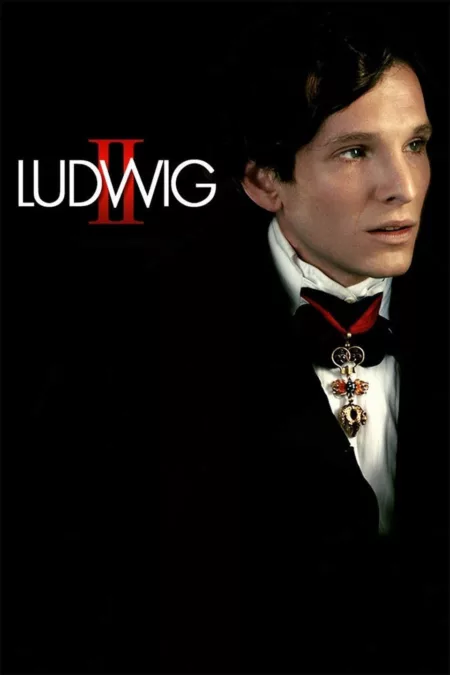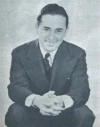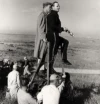Blue Skies (1946)
October 15, 1946Release Date
Blue Skies (1946)
October 15, 1946Release Date

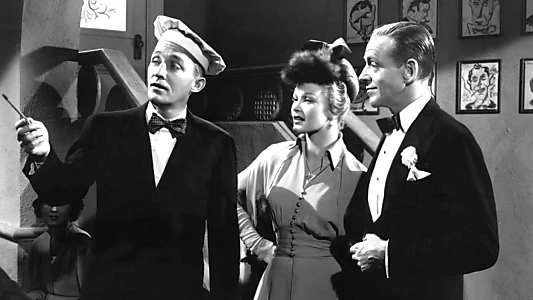
Plot.
Where to Watch.
Cast & Crew.
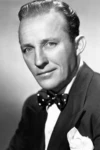
Bing Crosby
Johnny Adams
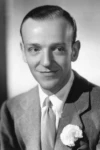
Fred Astaire
Jed Potter
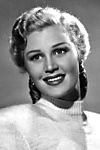
Joan Caulfield
Mary O'Hara
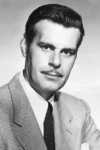
Billy De Wolfe
Tony
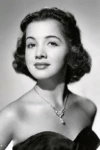
Olga San Juan
Nita Nova
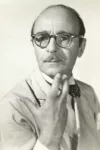
Mikhail Rasumny
François
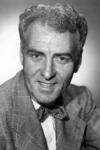
Frank Faylen
Mack
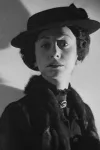
Victoria Horne
Martha (nurse)

Karolyn Grimes
Mary Elizabeth Adams
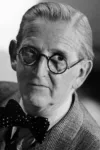
Jimmy Conlin
Jeffrey - Valet (uncredited)
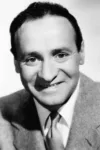
Cliff Nazarro
Cliff - Piano Player (uncredited)

Allan Scott
Writer
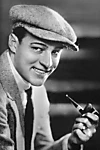
Rudolph Valentino
Valentino (archive footage) (uncredited)

Sol C. Siegel
Producer
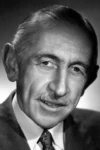
Will Wright
Dan - Stage Manager (uncredited)

Gene Cole
Dancer (uncredited)
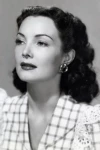
Audrey Young
Chorine
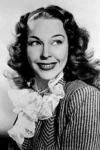
Joan Woodbury
Flo (uncredited) / Flo
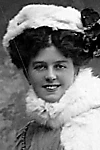
Florence Wix
Nightclub Patron

Beverly Thompson
Showgirl
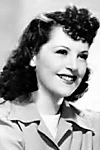
Mary Stewart
Dancer / Singer
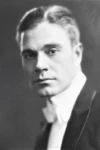
Larry Steers
Guest at Top Hat Nightclub
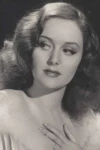
Barbara Slater
Myrtle
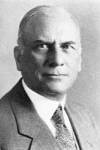
Scott Seaton
Nightclub Patron
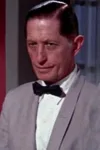
Jeffrey Sayre
Guest at Hole in the Wall

Louise Saraydar
Singer in Quartette

Mary Jane Shores
Dancer
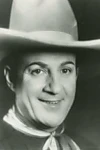
Jack Perrin
Restaurant Patron

Mavis Murray
Dancer

Frances Morris
Nurse
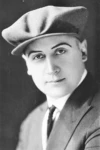
Harold Miller
Nightclub Patron

Cecilia Meagher
Dancer
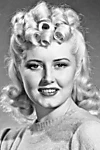
Ethelreda Leopold
Nightclub Patron

Audrey Korn
Dancer (uncredited) / Dancer

Lucille Knox
Showgirl
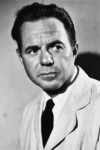
John Gallaudet
Stage Manager (uncredited) / Stage Manager
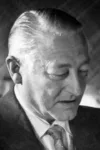
Stuart Heisler
Director

J.C. Fowler
Nightclub Patron

Arthur Sheekman
Writer
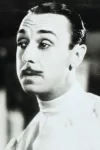
Jay Eaton
Nightclub Patron

John Deauville
Dancer (uncredited) / Dancer
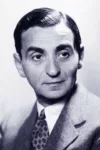
Irving Berlin
Story
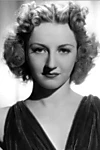
Dorothy Dayton
Dancer

LeRoy Stone
Editor

Hans Dreier
Art Direction

Hal Pereira
Art Direction
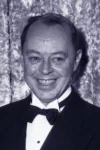
Sam Comer
Set Decoration
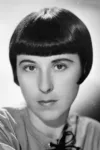
Edith Head
Costume Design
Media.


Details.
Release DateOctober 15, 1946
StatusReleased
Running Time1h 44m
Content RatingNR
Genres
Last updated:
This Movie Is About.
Wiki.
Blue Skies is a 1946 American musical romantic comedy film directed by Stuart Heisler and starring Bing Crosby, Fred Astaire, and Joan Caulfield. Based on a story by Irving Berlin, the film is about a dancer who loves a showgirl, who in turn loves a compulsive nightclub-opener who cannot stay committed to anything in life for very long. Produced by Sol C. Siegel, Blue Skies was filmed in Technicolor and released by Paramount Pictures. The music, lyrics, and story were written by Berlin, with most of the songs recycled from earlier works.
As in Holiday Inn (1942), the film is designed to showcase Berlin's songs. The plot, which is presented in a series of flashbacks with Astaire as narrator, follows a similar formula of Crosby beating Astaire for the affections of a leading lady. Comedy is principally provided by Billy De Wolfe, and several musical numbers are performed by Olga San Juan.
Joan Caulfield was the protégé of Mark Sandrich, who directed many of the Astaire-Ginger Rogers musicals. Sandrich was originally slated to direct this film, but died of a heart attack during pre-production and Stuart Heisler was drafted in to replace him. Heisler wanted Caulfield replaced, but Crosby—who was having an affair with Caulfield—protected her.
Tap dancer Paul Draper was the initial choice to partner Crosby, but, during the first week of production, Draper's speech impediment and his trenchant criticism of Caulfield's dance ability led Crosby to insist on his replacement by Astaire, who, then 47, decided that this would be his final film and that he would subsequently retire, having spent over 40 years performing before the public. The film was billed as "Astaire's last picture" and its very strong performance at the box office pleased him greatly, as he had dearly wanted to go out on a high note.
The reasons for Astaire's (temporary) retirement remain a source of debate: his own view that he was "tired and running out of gas," the sudden collapse in 1945 of the market for Swing music which left many of his colleagues in jazz high and dry, a desire to devote time to establishing a chain of dancing schools, and a dissatisfaction with roles, as in this film, where he was relegated to playing second fiddle to the lead. This film is most remembered by some today for his celebrated solo performance of "Puttin' On the Ritz", which featured Astaire leading an entire dance line of Astaires.
You May Also Like.

Dune (2021)
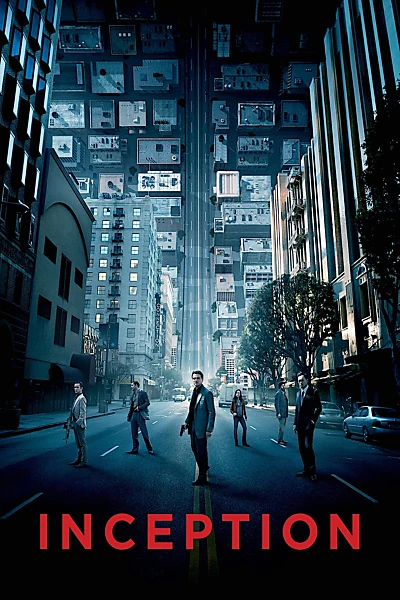
Inception (2010)

Avengers: Endgame (2019)
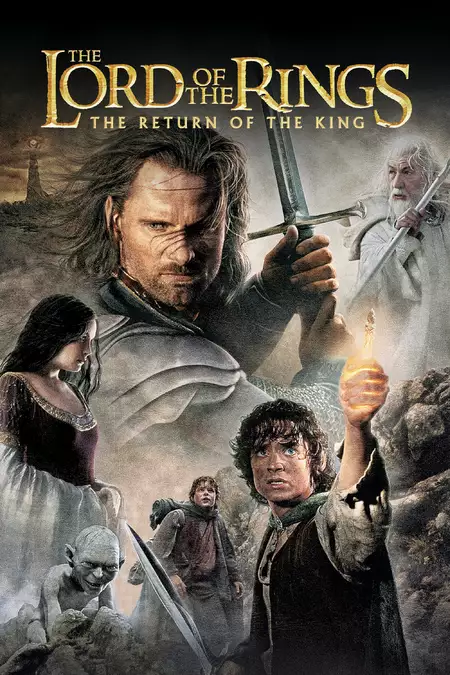
The Lord of the Rings: The Return of the King (2003)
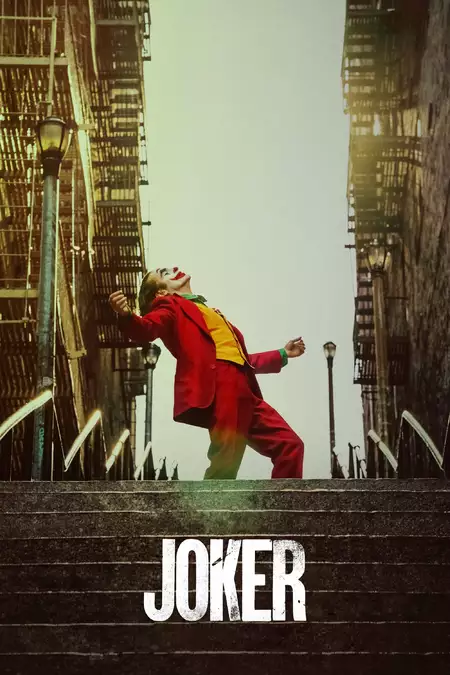
Joker (2019)

Shang-Chi and the Legend of the Ten Rings (2021)

The Hobbit: The Battle of the Five Armies (2014)
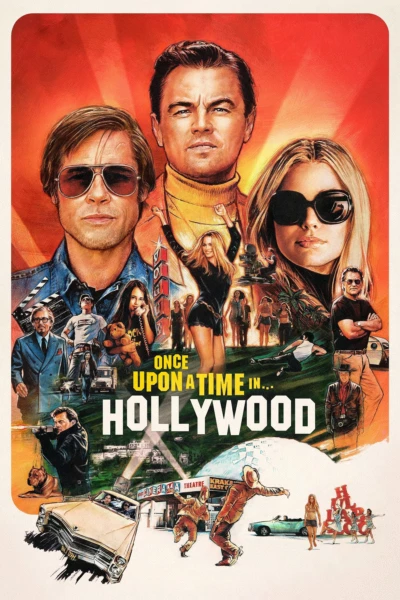
Once Upon a Time... in Hollywood (2019)

WALL·E (2008)
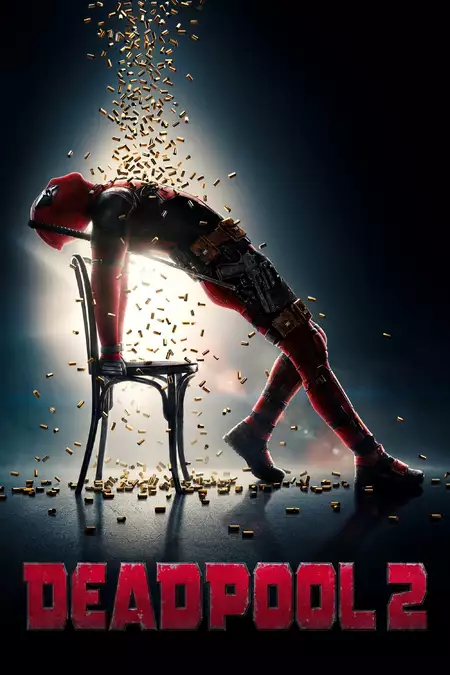
Deadpool 2 (2018)

Cruella (2021)
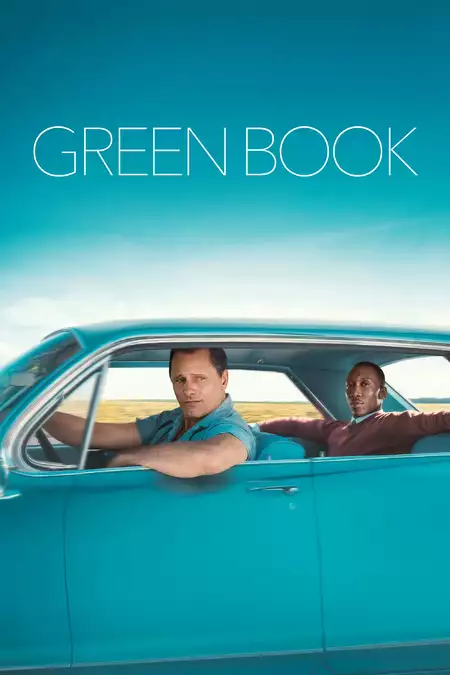
Green Book (2018)
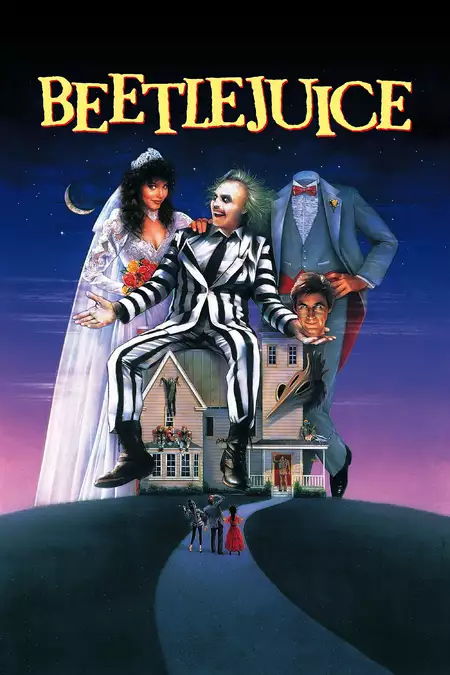
Beetlejuice (1988)
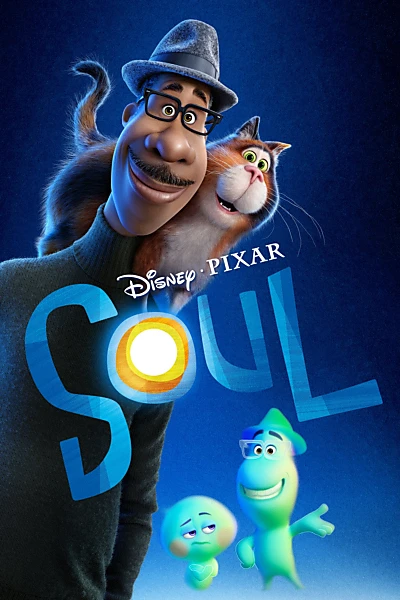
Soul (2020)
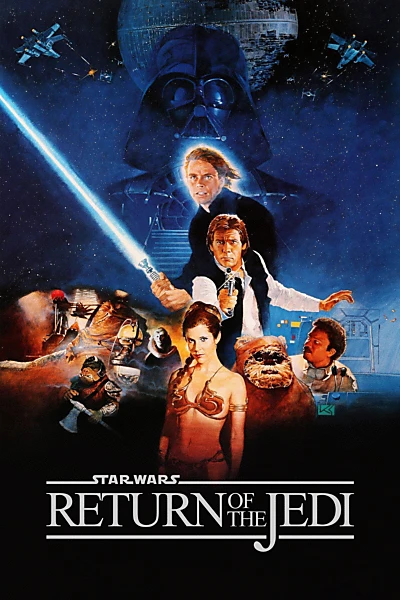
Return of the Jedi (1983)
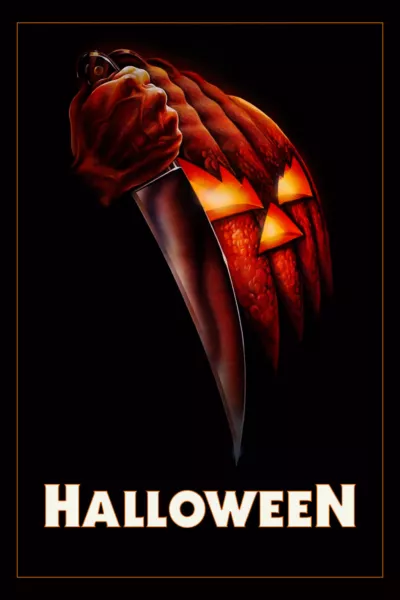
Halloween (1978)
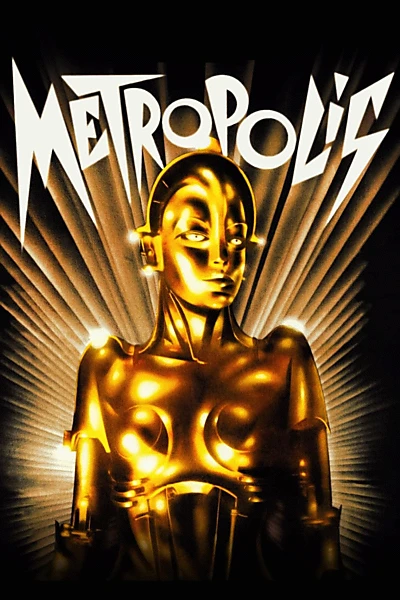
Metropolis (1927)

You've Got Mail (1998)

Jexi (2019)
